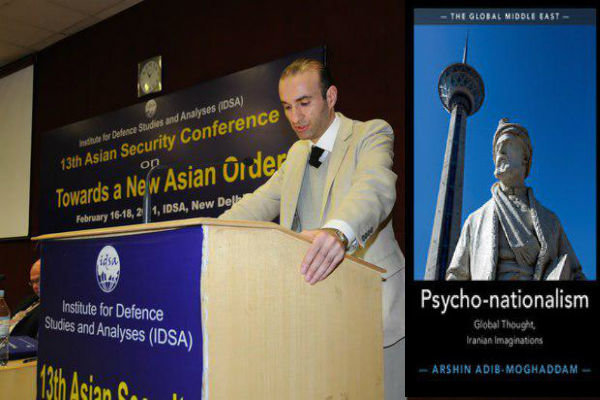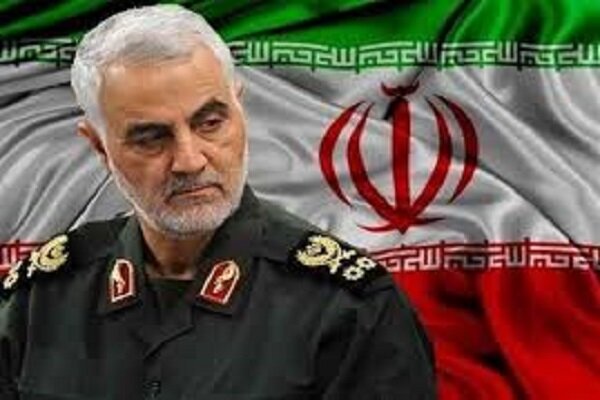General Qasem Soleimani who was martyred by a US airstrike ordered by President Donald Trump at Baghdad International Airport on Friday, was hailed as a charismatic brave hero in Iran and beloved by the troops. Once, Iran's leader, Ayatollah Ali Khamenei, called him a "living martyr".
Soleimani devoted his life to defend Iran's national interest in the region so he is considered as a national hero for Iranian people regardless of their different political and religious tendencies.
Many believe that Soleimani was not only a national hero for Iranian people but also he was a person who played a significant role in defeating ISIL which is a real threat for the region and even for Europe, Caucuses and Central Asia. He also had a great role in confronting the US regional policy and plans aiming at redesigning the map of countries in the Middle East.
Following his martyrdom, we discussed the role of General Soleimani in tackling the US and Saudi backed ISIL threat in the region with Professor Arshin Adib-Moghaddam, Chair of the Centre for Iranian Studies at the London Middle East Institute.

Adib-Moghaddam said, "General Soleimani became the nodal point of a web of movements that oppose the presence of the US military in their respective countries and are united in their efforts to upset the foreign policy preferences of the Israeli right-wing. More crucially, General Soleimani played a pivotal role in combatting terror movements such as Daesh, both in terms of military strategy and ideological outreach. Whereas the role of the United States and other regional actors such as Saudi Arabia has been ambiguous, Iran has had a clear interest in eradicating al-Qaeda/Daesh, etc."
He added, "Soleimani’s legacy as a soldier is rooted in this principled leadership in the war against Daesh next to his involvement in the liberation of Khorramshahr during the Iran-Iraq war. As such, he represents a historical synthesis between the modern politics of Iran and Iraq in particular, and especially after 2003, that is at a time when US foreign policy caused the chaos, human tragedy, and ensuing civil war, that almost divided historic Mesopotamia into separate entities. With his death, the highly emotive narrative space carved out by the movements tied into the resistance narrative stands reinvigorated and is likely to accelerate the end of US hegemony in West Asia."
Interview by Payman Yazdani

























Your Comment